Have you ever been called out for being a sensitive person? No, there’s nothing wrong with you! The following article explains why, along with busting some myths about empaths.
Thin-skinned, hyper-sensitive, wimpy, spineless, wussy, feeble, weak, fragile, melodramatic, temperamental …
If you can relate to, or have been called a combination of any of these words, chances are you are part of a unique group of people: the Empaths.
Occurring in an estimated 5% of the population, Empaths are known for their highly developed ability to sense the emotions and thoughts of the people around them.
As author and Empath Christel Broederlow put it “empaths often possess the ability to sense others on many different levels”, this includes the ability to intimately understand what a person desires, yearns for, and is currently feeling, suffering, or thinking, as well as the ability to feel other people’s bodily illnesses. These occurrences manifest themselves as energy vibrations that the finely tuned Empath can pick up on, or “tune into”.
Commonly identifying as clairsentients and HSPs, Empaths possess an ability that is both a blessing and a curse. On one hand, the Empath is an excellent listener and counselor, knowing the best way to comfort and assist those around them. On the other, being an Empath can be painful and tiring. It’s common for the Empath to be weighed down and constantly congested with the negative emotional energy of others, often creating physical and psychological disharmony.
Although the Empath has a wonderful gift and is often greatly cherished by those around them, they are often challenged and confronted by a variety of misguided perceptions of their innate gift.
Read: Mirror Empath
Myths & Misunderstandings
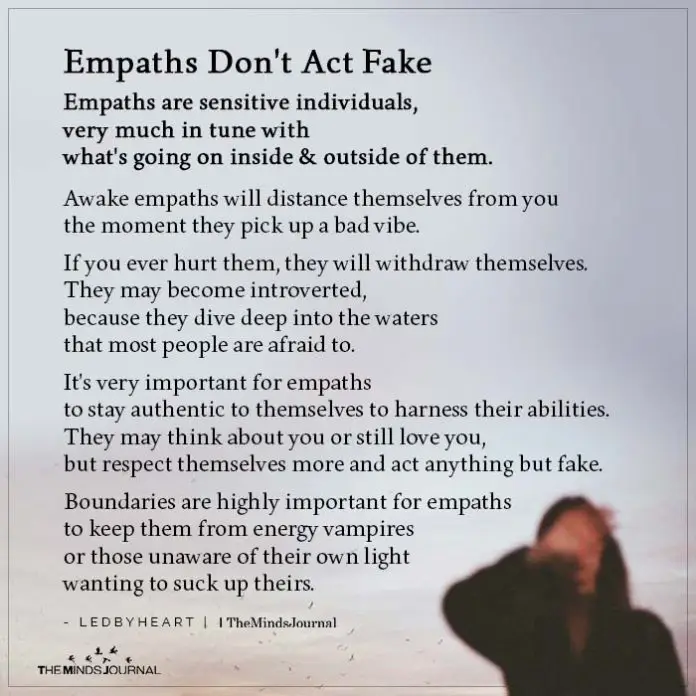
“You need to grow some thicker skin! Stop being so overly sensitive.” I wish I could tell you how many times I heard that in my childhood! Growing up as an Empath, you may have experienced similar insults from your parents, friends, or peers, and perhaps even worse.
It’s not at all trendy or popular to be sensitive or feeling in our society that values efficiency, cold calculation, and industrial resilience. Therefore, you may have experienced and still experience, a lot of antagonism towards your behavior as an Empath. I will explore four of these main misperceptions below.
Myths About Empath
Below here is a list of 4 main myths and misconceptions about being an empath:
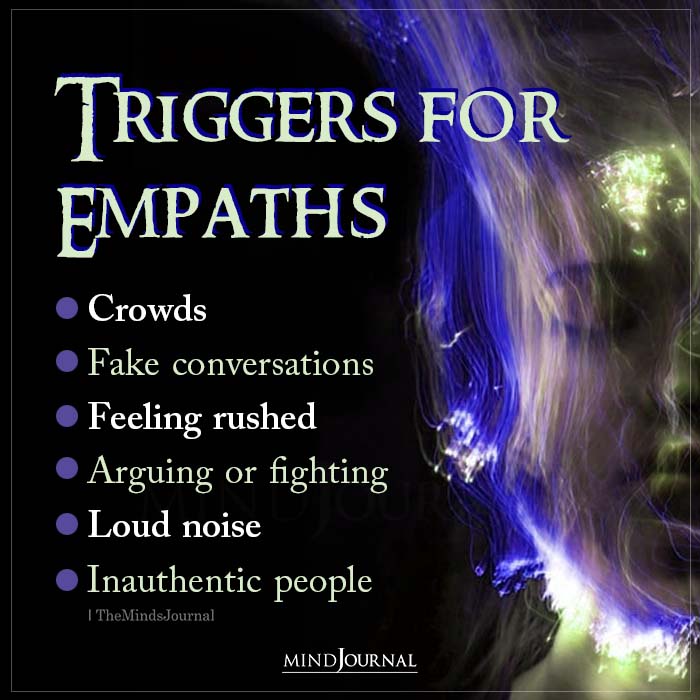
Myth #1 – Empaths are navel-gazing and self-absorbed.
Truth – We often focus more on others than on ourselves.
It’s true that Empaths are often unexplainably moody and quiet on the outside. However, this isn’t because they’re excessively absorbed in thinking too much about themselves and their feelings.

Rather, the Empath is often deeply affected by the exterior emotions of others that he experiences as his own. The Empath’s ability to intuitively feel the feelings of others is what weighs him down so much. In fact, it’s characteristic of the Empath to pay more attention to others’ needs than his own.
Read: 8 Unexpected Benefits Of Being An Empath
Myth #2 – Empaths are mentally ill.
Truth – We are magnets of negative energy. This often creates psychological disbalance within us.
Empaths are excellent listeners, confidants, and counselors. For this reason, it’s common for people to be drawn toward their sincere and caring natures, almost like magnets.
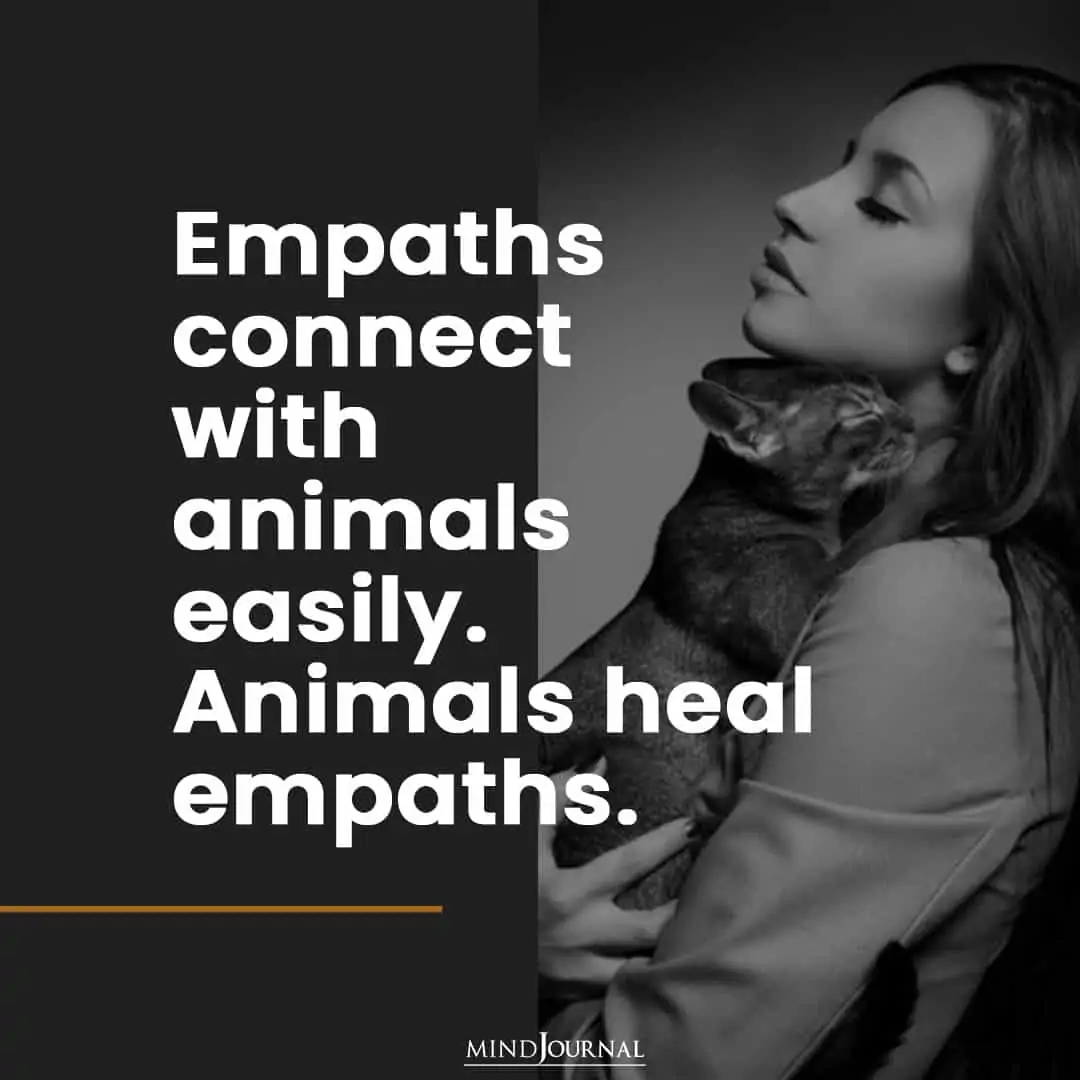
Therefore, Empaths often experience a lot of “emotional baggage dumping” from other people and have difficulty releasing themselves from the negative energy that remains in their minds and bodies afterward.
Unfortunately, this can lead to a lot of lingering depressive emotions that the Empath is left with. Thus, the Empath can appear to be mentally ill and depressed, and in some cases legitimately is. However, in most cases, the Empath is congested with remnants of harmful emotional energy, like sinuses are congested with mucus during a flu virus.
The root of the problem doesn’t lie with the Empath, it’s a result of their outer emotional climate.
Read: Am I A HSP Quiz
Myth #3 – Empaths are psychologically frail.
Truth – We are biologically programmed to be more sensitive and in tune with our surrounding environment.
As Empath Nicole Lawler wrote, Empaths are essentially “walking around in this world with all the accumulated karma, emotions, and energy from others”. Understandably, this results in a lot of inner emotional tension for the Empath who is more prone to crying and exhibiting other signs of “weakness”.
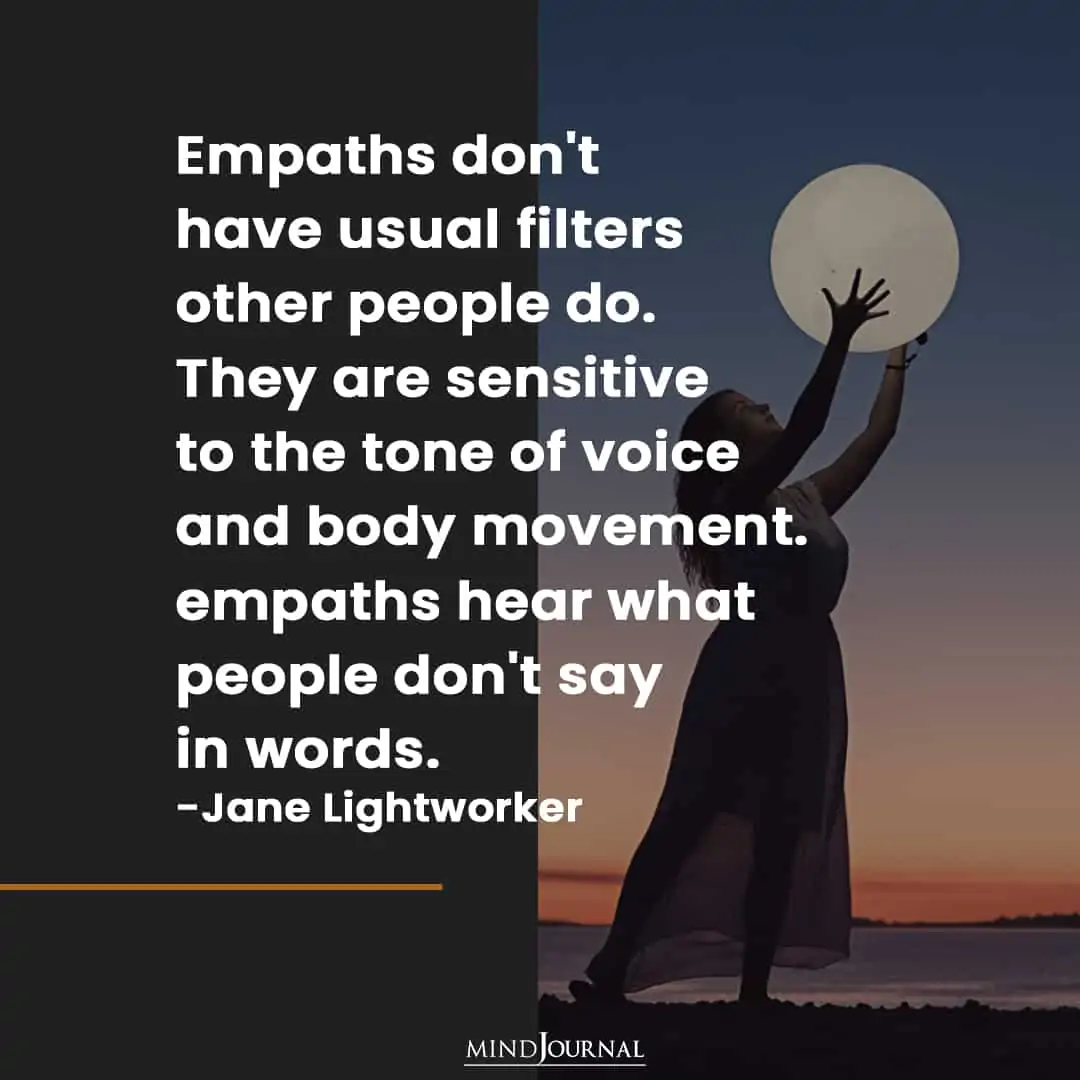
Additionally, the Empath finds it extremely difficult to partake in many “normal” activities. For instance, watching a movie about Nazi concentration camps is extremely emotionally upsetting for the Empath, and getting a job in an office is overwhelming and tiring for the Empath who is bombarded with other people’s emotions constantly.
Therefore, it’s not surprising that the Empath is often perceived as “wussy”, “frail” or “weak-minded” by the person who fails to comprehend the constant pressure the Empath lives under.
The fact that most Empaths aren’t driven clinically insane by the constant emotional flux they experience is testimony enough to their mental strength.
Myth #4 – Empaths are lazy.
Truth – We often lack mental, emotional, and physical energy due to our intense empathetic ability to understand others.
Chronic Fatigue Syndrome (CFS) amongst other physical issues like headaches, insomnia, and Fibromyalgia, has all been commonly attributed to Empaths.
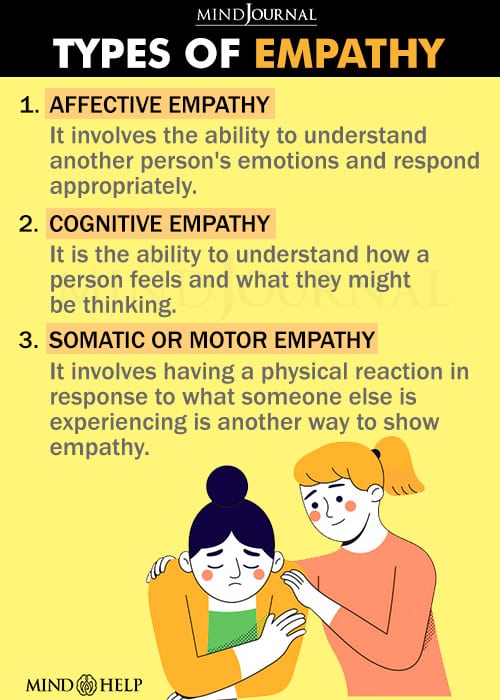
If our minds are constantly overloaded with stress, tension, and pressure, it, therefore, translates that our bodies are as well. This often results in sicknesses such as the ones mentioned above. Thus Empaths often lack the energy and therefore the desire to do many things, preferring to relax (including taking naps) instead.
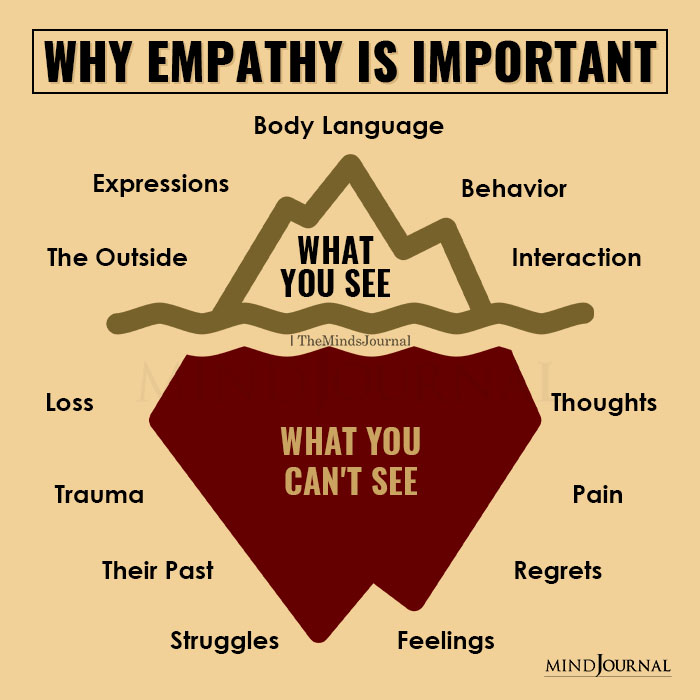
If you’ve experienced any of these misperceptions or myths about empaths in your life, please feel free to share your experiences below. Being an Empath can certainly be riddled with setbacks, however, it’s invaluable to remember how much of an asset you are to the world. Our planet needs a balance of both hard and industrious people and soft and empathetic people. You form an important part of this great Universal Balance.
Written by Aletheia Luna Originally appeared on Lonerwolf.com
We hope you found the above article on myths about empaths to be insightful. What are some other empathy myths that you know? Let us know your take on myths about empaths by commenting down below.
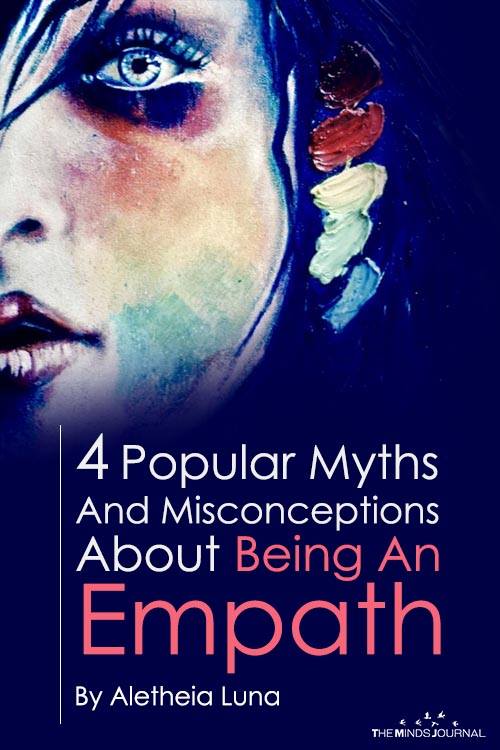
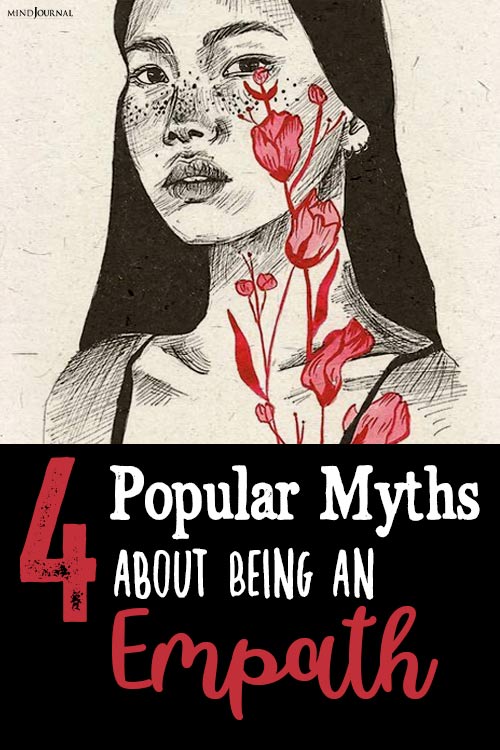
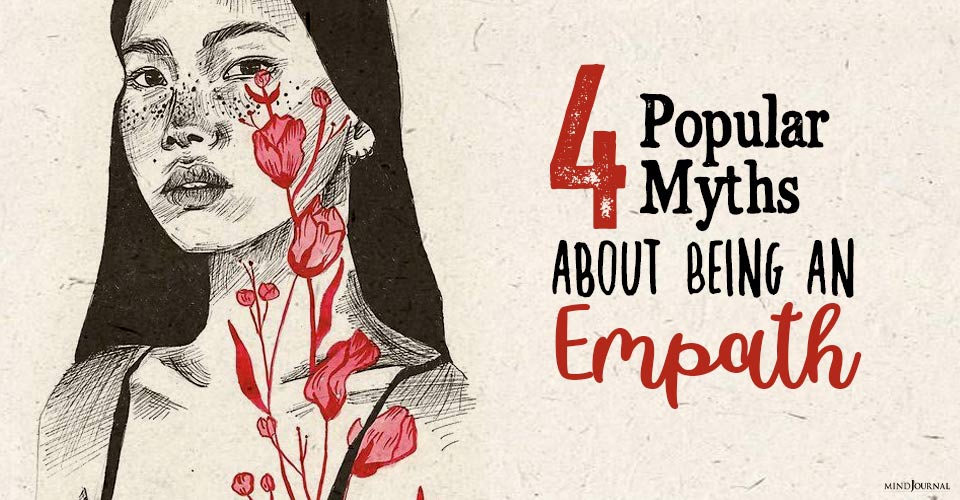
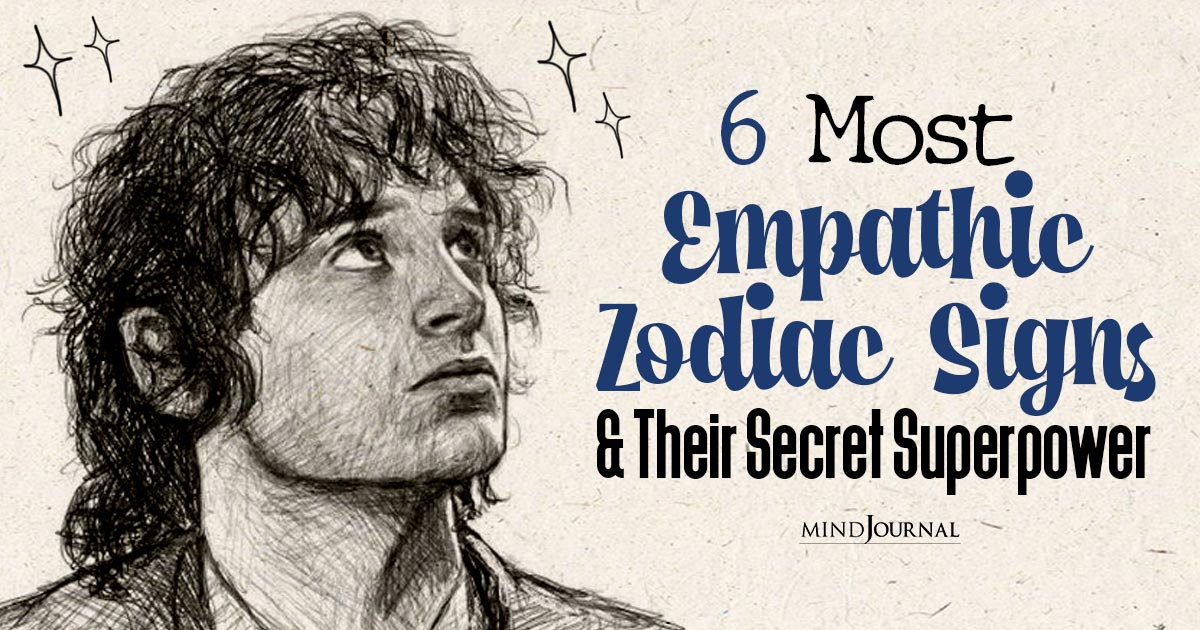

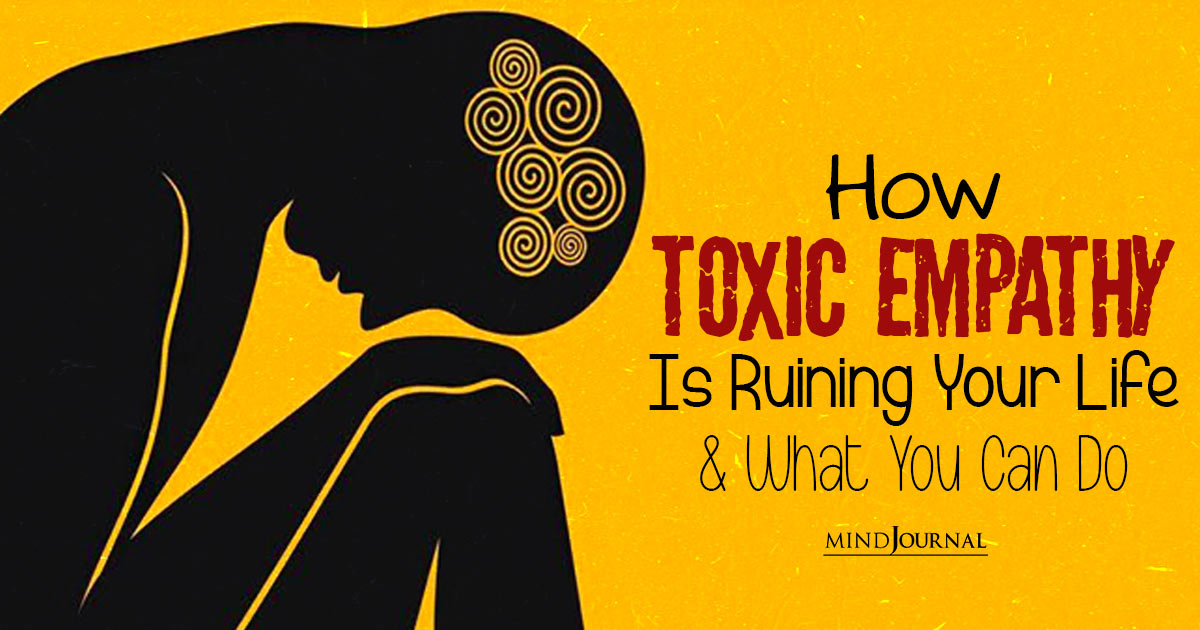
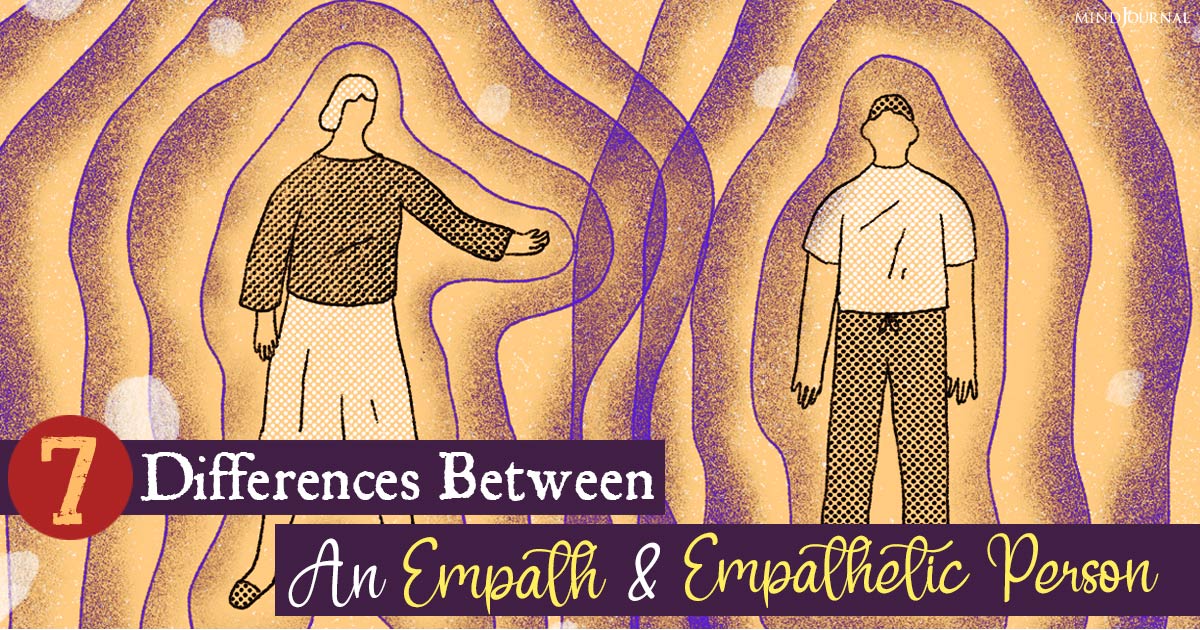
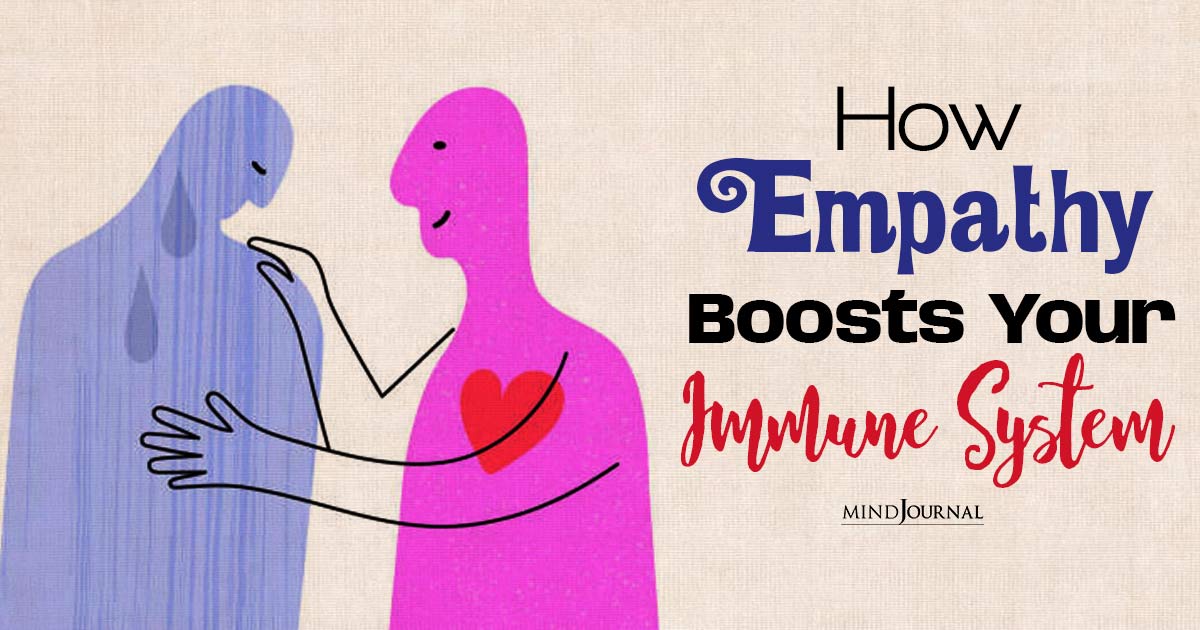

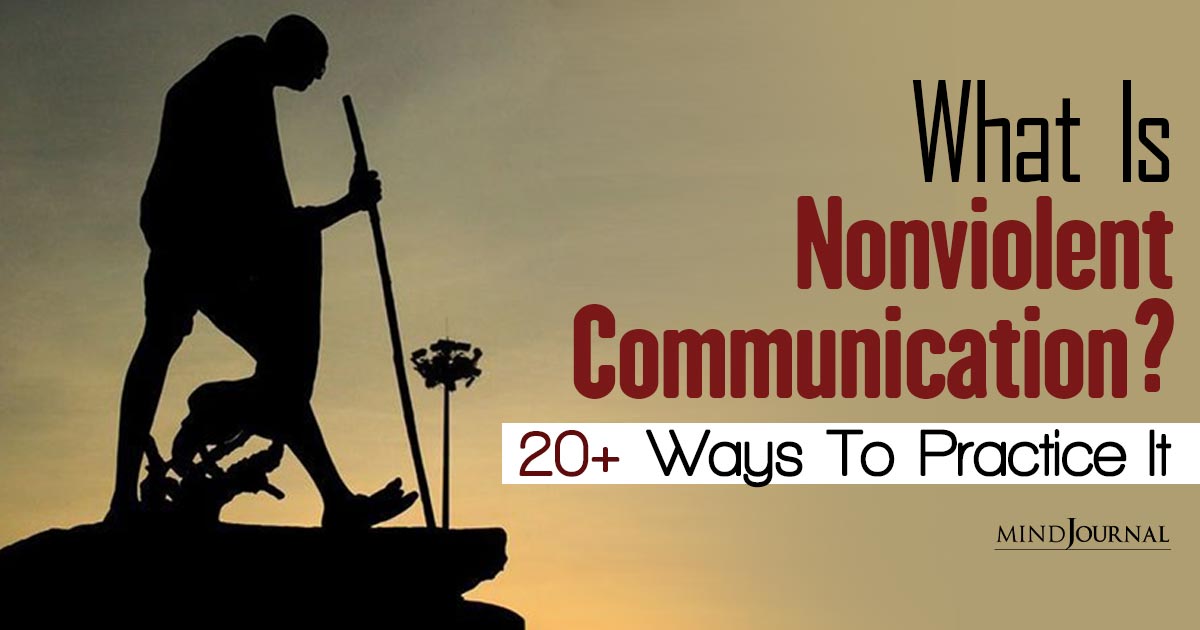
Leave a Reply
You must be logged in to post a comment.